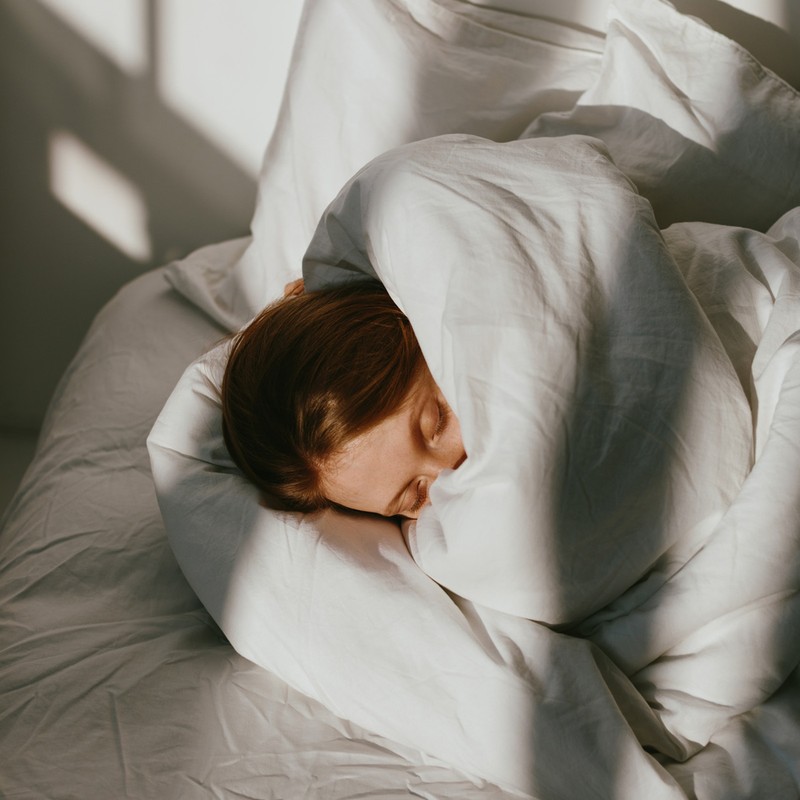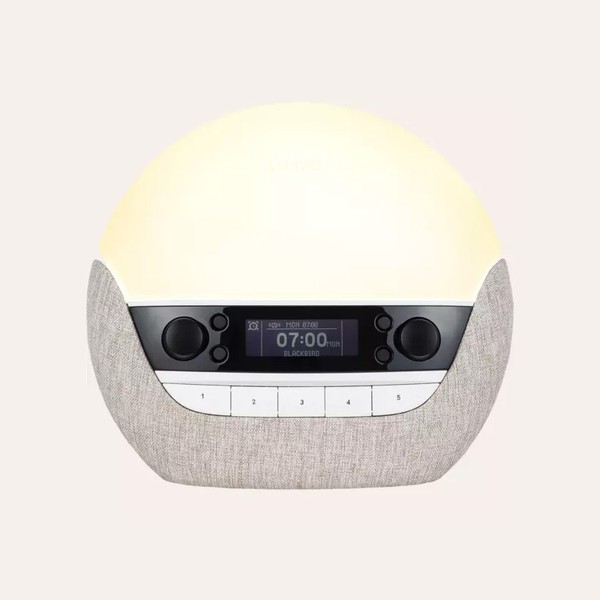How To Get Your Circadian Rhythm Back On Track
What Exactly Is A Circadian Rhythm?
If you’ve ever noticed that you feel energised and sleepy around the same time every day, you have your circadian rhythm to thank. Your body’s internal 24-hour clock, it runs in the background of your brain and cycles between sleepiness and alertness at regular intervals. As nutritional therapist Samantha Bloom tells us, the circadian rhythm gives you that sense of the time of day and also sets the schedule for sleep. “Found in the brain’s hypothalamus, this sleep-control centre responds to natural light signals and starts a biological chain reaction to either wake up or fall asleep. As the sun rises, your circadian rhythm starts a new cycle. As the day draws to an end, your body recognises the lack of natural sunlight and starts to produce melatonin, the sleep hormone, to make you relaxed and sleepy.”
How Does The Change In Seasons Affect The Circadian Rhythm?
With less sunlight and more time spent inside, our production of serotonin – the happiness hormone – can be affected. This, in turn, suppresses melatonin, the hormone that helps you fall asleep with ease. The clocks changing can also take its toll, adds physiologist and sleep expert Dr Nerina Ramlakhan. “Human beings thrive on routine and patterns of behaviour, so when the clocks go back, this can have an effect on our equilibrium, throwing our balance out of whack.” Changing your bedtime by even an hour can take its toll, with studies showing it can affect fatigue and mood. This also explains why you feel knackered on a Monday if you stay up late on a Saturday and sleep in on a Sunday. Known as social jet lag, this can mimic the effect of travelling west across time zones.
Are There Any Other Factors To Consider?
Experts agree it also comes down to the quality and quantity of light we are exposed to. The prolific use of phones, laptops and other screens can take its toll on your circadian rhythm, throwing everything out of sync quite quickly. First, the bright light from screens directly disrupts the brain’s circadian clock and affects sleep. Second, being on social media, checking emails or news sites increases stress levels, which can also delay sleep. “In our modern lives, we spend much of the day indoors, especially during winter. Even on the gloomiest winter day, the outdoor light is 25 times brighter than the average office,” says Samantha.
What Are The Signs Your Circadian Rhythm Is Out Of Balance?
The key signs include…
SLEEP: Problems falling or staying asleep, sleeping too much.
WEIGHT: Weight gain, or an inability to lose weight.
ENERGY: Low energy and a reliance on caffeine.
DIET: Digestive problems, food cravings.
MOOD: Depression, low mood and irrational anger.
IMMUNITY: Frequent colds and illness, weak immune system.
What Are The Long-Term Consequences?
As sport psychologist Dr Josephine Perry explains, the long-term ramifications can be significant. One study carried out on nurses – who are often subject to shift work – linked type 2 diabetes to the mismatch between body clock and work schedule. “Our circadian rhythm ensures increased alertness during the day and decreased alertness at night. It creates sleep pressure throughout the day so we can get quality sleep at night. When we carry out shift work, we work when alertness is naturally low and sleep when we should be alert, which can lead to disrupted sleep and sleepiness during the day. This can lead to a higher risk of accidents and injuries; hormonal imbalances, especially around regulators of hunger and appetite, which can lead to type 2 diabetes; and an increased risk of heart disease and stroke. It has also been suggested that circadian misalignment may alter the rhythms of cellular circadian clocks in different parts of the body and reduce melatonin secretion – which could increase the risk of cancer.”
How Can You Rebalance Your Body Clock?
Sticking to a routine that matches your natural body clock is important at any time of year, but especially so in the darker months. Giving your circadian rhythm some TLC during this time will help you feel more rested, keep your immune system strong and prevent winter blues.
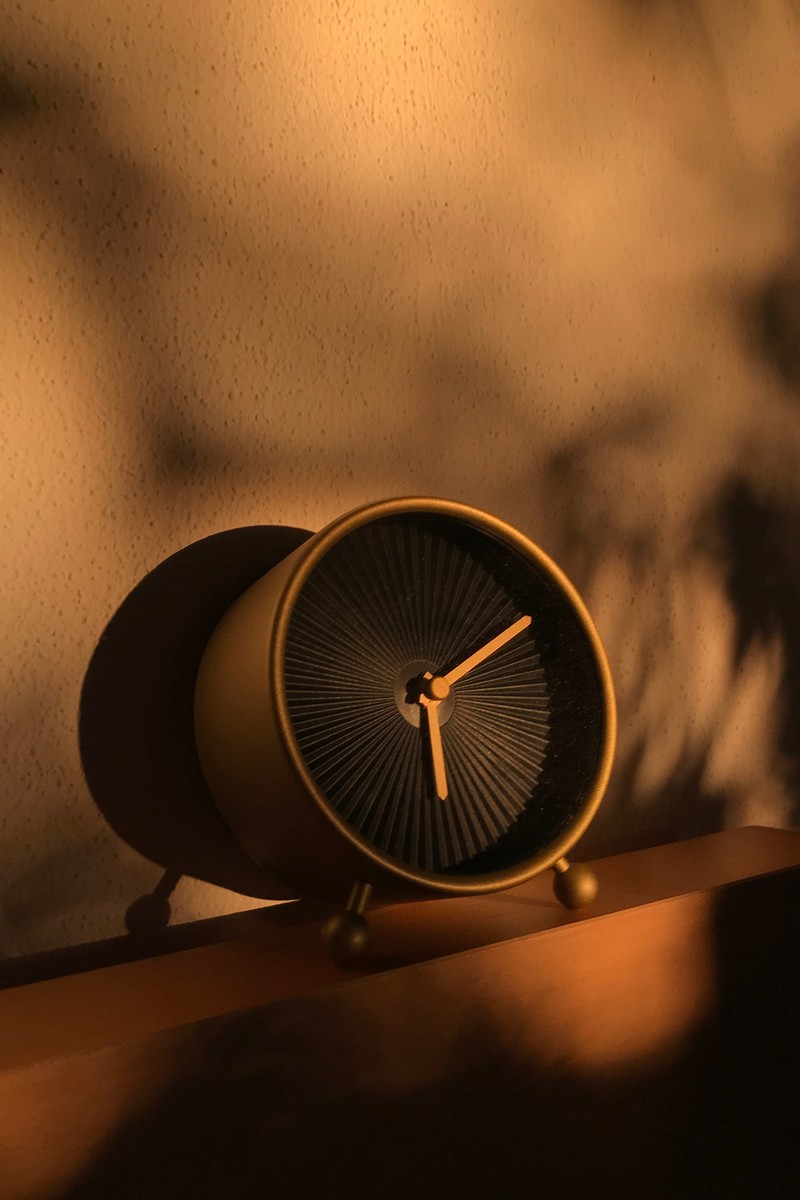
Here’s What The Experts Recommend…
Learn Your Rhythm: “Note when you yawn throughout the day and you’ll soon notice there’s a 90-minute pattern. These will be your dips, and 45 minutes later will be your peaks. Aim to go to bed just before a dip. You can also use this information to plan in tricky or technical tasks for times when you’re at your peak.” – Josephine
Try An Oura Ring: “An Oura ring is a smart wearable tracker that’s worn on your finger 24/7 – it measures everything from your heart rate to your sleeping patterns. For the last couple of years, I’ve used one to monitor my circadian rhythm. It has helped me get in touch with my own natural sleep rhythms and understand when I’m ready for bed. It has significantly improved the quality and quantity of my sleep.” – Samantha
Be Strict About Bedtime: “Having the same wake up and bed time is crucial for encoding the brain and body to prepare you for sleep. Try to reduce light exposure in the early evening, lower your room temperature, have a light dinner and exercise for at least 30 minutes a day, at least three hours before bedtime.” – Nerina
Get Outside: “Get some bright light immediately after waking up – open your curtains or turn on your overhead light or consider doing some exercise outdoors. This will suppress melatonin, the sleep hormone. Even if it’s just for ten minutes, it will make a difference. If it’s still dark when you wake up, consider investing in a light box, ideally one with a rating of 10,000 lux.” – Nerina
Start A Supplement Routine: “The right supplements can support the body in the production of melatonin, help you to relax, and induce brainwave patterns associated with the initial stages of sleep. Relaxing adaptogens like reishi, holy basil and ashwagandha are all great, while magnesium glycinate also aids deep sleep.” – Nerina
Eat To Sleep: “To aid evening sleepiness, eat foods rich in tryptophan an hour or two before bed. Brown rice, bananas (not overripe), pumpkin seeds, chicken, eggs, nuts, lentils, sesame seeds and white fish are good sources. Calcium and vitamin B6 also facilitate tryptophan’s absorption – a salmon fillet sprinkled with sesame seeds served with a baked sweet potato and a spoon of Greek yoghurt ticks the boxes.” – Nerina
For more information visit Bloom-Nutrition.co.uk, DrNerina.com & PerformanceInMind.co.uk.
SHOP THE EXPERTS FAVOURITES
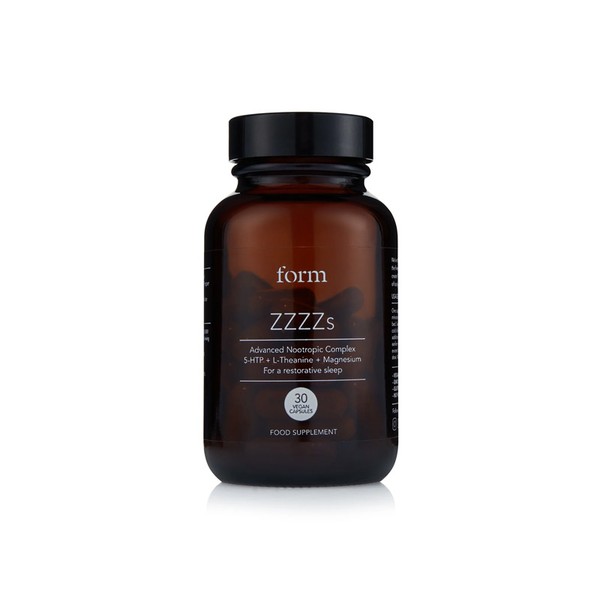

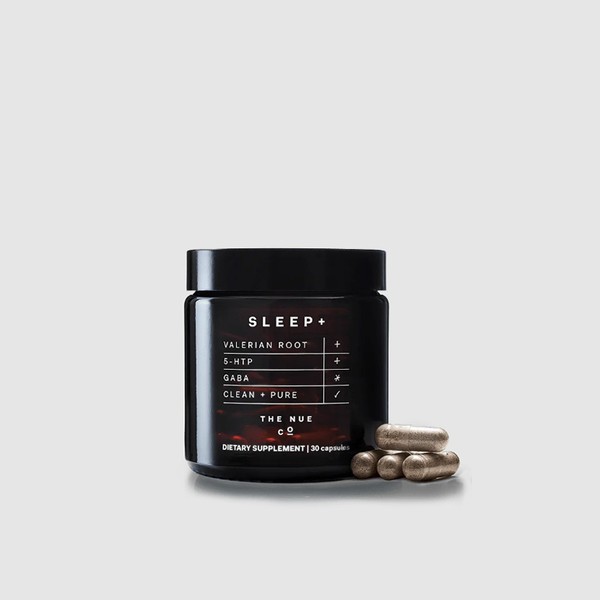
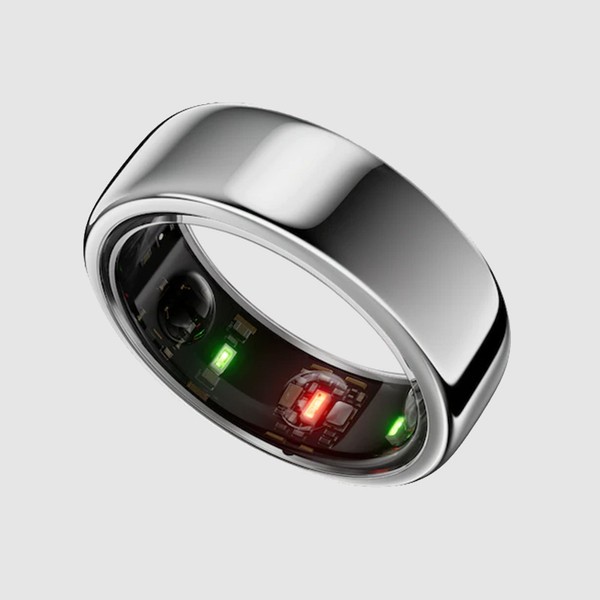

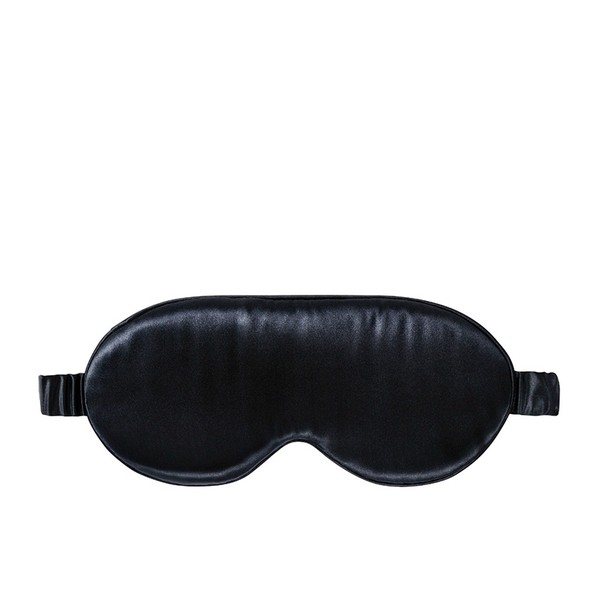

DISCLAIMER: Features published by SheerLuxe are not intended to treat, diagnose, cure or prevent any disease. Always seek the advice of your GP or another qualified healthcare provider for any questions you have regarding a medical condition, and before undertaking any diet, exercise or other health-related programme.
DISCLAIMER: We endeavour to always credit the correct original source of every image we use. If you think a credit may be incorrect, please contact us at info@sheerluxe.com.
